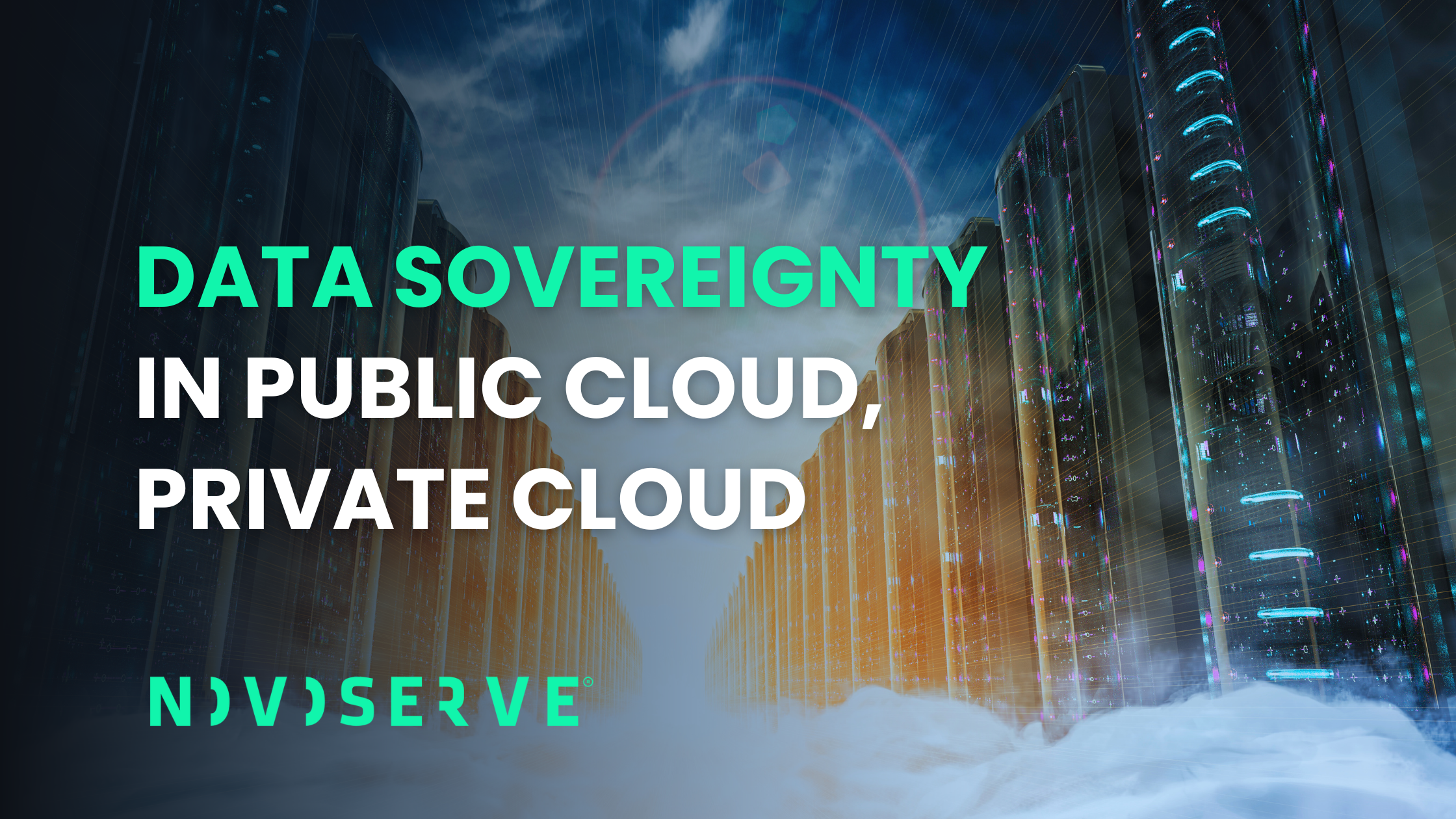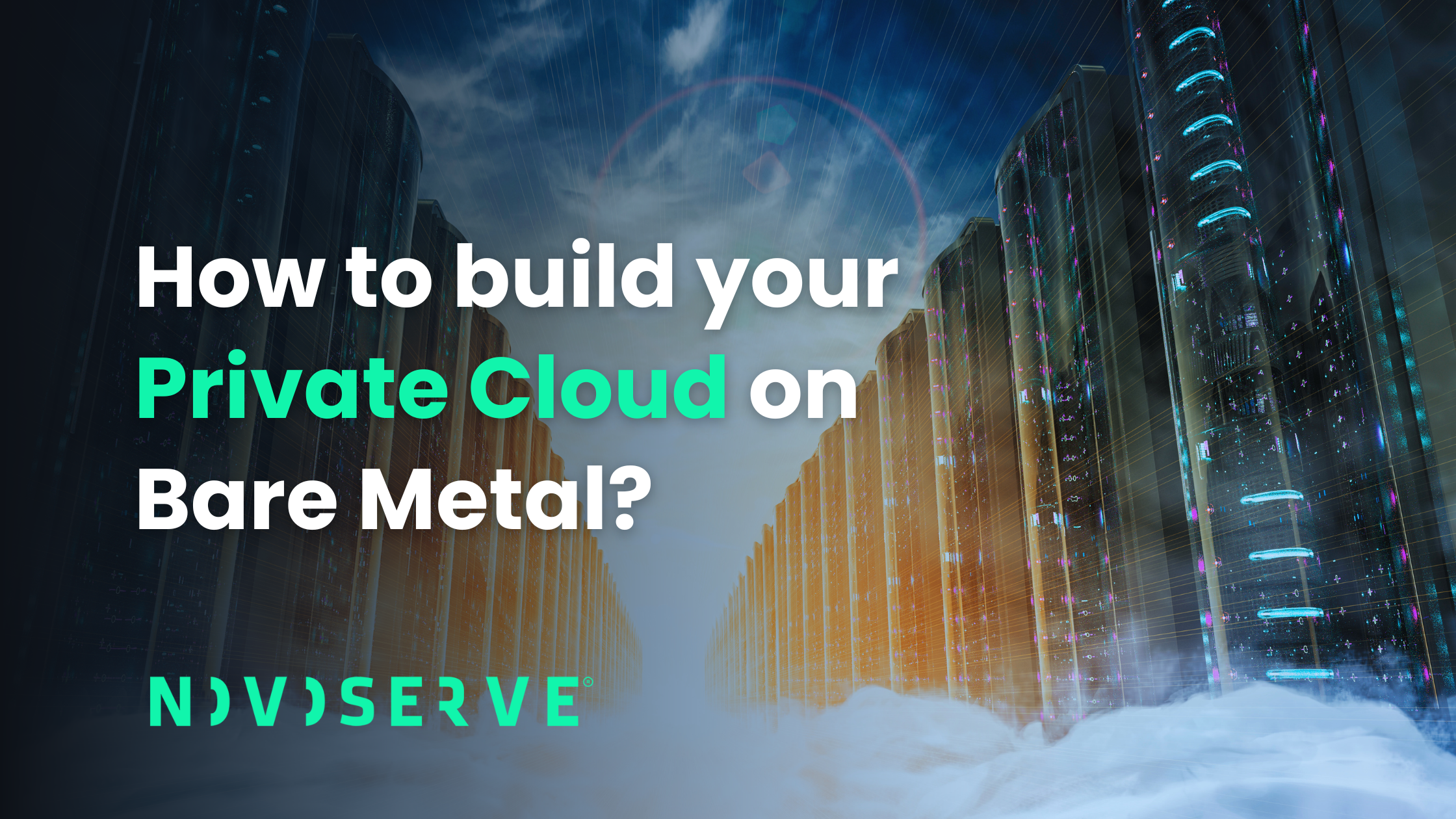In today’s digital era, businesses seek hosting solutions that offer flexibility, performance, and security. The promise of Virtual Private Cloud (VPC), private cloud, and sovereign cloud often sounds compelling—but how private and sovereign are these solutions, really? Understanding the intricacies of these options can help businesses make informed decisions, especially when data sovereignty and compliance are at stake.
What is a Private Cloud?
A private cloud is often marketed as a secure and isolated environment. However, it typically operates on shared infrastructure. This means that while your data and applications are logically separated from others, the underlying hardware—including memory, CPU, storage, and network resources—is shared with other clients. This setup can lead to performance variability, often referred to as the "noisy neighbor" effect, where competing workloads from other clients impact your operations.
Additionally, the shared hardware poses inherent risks to data security. Even with virtualization offering some level of isolation, the potential for accidental or malicious breaches cannot be entirely eliminated. As a result, while private clouds may suffice for certain use cases, they lack the physical isolation and control that businesses with stringent security and compliance needs often require.
What Is a Virtual Private Cloud (VPC)?
A Virtual Private Cloud (VPC) or Virtual Private Server (VPS) operates similarly to a private cloud but within a public cloud ecosystem. It creates a logically isolated environment for your applications, typically through virtualization and private networking.
While VPC provides flexibility and scalability, they come with the same challenges as private clouds, compounded by the inherent risks of being part of a public cloud infrastructure. Data within VPCs often remains under the jurisdiction of the cloud provider’s home country, posing risks for businesses bound by local data protection laws.
Is Sovereign Cloud really sovereign?
Sovereign clouds are designed to address concerns over jurisdictional data control. They promise compliance with local regulations and claim immunity from foreign legal interference. However, many sovereign clouds rely on U.S.-owned providers such as AWS, Microsoft Azure, and Google Cloud.
Under the U.S. Cloud Act, these companies can be compelled to provide data stored on their infrastructure—even if the data resides in a foreign jurisdiction. For businesses subject to GDPR or other stringent data protection laws, this creates a compliance grey area. In essence, sovereign clouds may not always deliver the sovereignty they promise.
Bare Metal Servers VS VPC and Private Cloud
When security, performance, and compliance are non-negotiable, bare metal servers emerge as an unavoidable alternative. Unlike VPS, private, or sovereign clouds, bare metal servers offer:
Dedicated Resources: Bare metal servers are single-tenant environments, ensuring that all CPU, memory, and storage are exclusively yours.
Full Control: You have root access to configure the server to your exact specifications.
Enhanced Security: Without virtualization layers or shared resources, the attack surface is significantly reduced.
Compliance Assurance: Dedicated servers allow you to maintain full control over data and adhere to strict regulatory standards, such as GDPR, without the risks associated with U.S.-owned providers.
For industries like AdTech, FinTech, Gaming, and Streaming, where performance and data privacy are critical, bare metal infrastructure delivers the reliability and security these businesses need.
While VPS and cloud solutions may be cost-effective and suitable for general use, they often fail to meet the needs of organizations requiring high security, compliance, and performance. Bare metal servers provide the physical isolation, control, and reliability necessary to support mission-critical applications.
By carefully assessing your business needs, you can choose the hosting solution that aligns best with your performance, security, and compliance requirements.
As organizations increasingly scrutinize their IT infrastructure, bare metal servers stand out as a robust alternative to VPS and private or sovereign clouds. For businesses looking to overcome the limitations of shared environments and jurisdictional risks, bare metal infrastructure offers unparalleled control and peace of mind.
Explore Bare Metal with NovoServe
NovoServe specializes in high-performance bare metal servers tailored to meet the unique needs of modern businesses. With a focus on data sovereignty and GDPR compliance, we deliver the dedicated resources and reliability your mission-critical applications demand.
Get in Touch
Ready to transition to a more secure and performance-oriented infrastructure?




